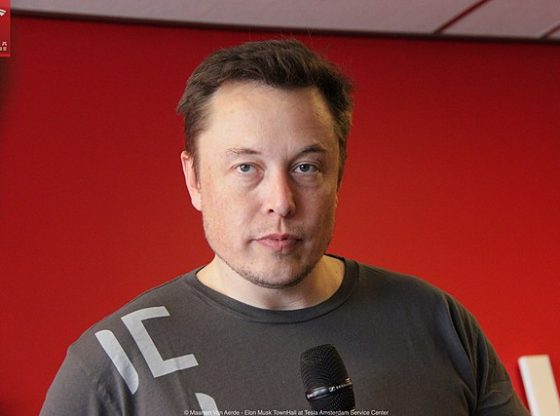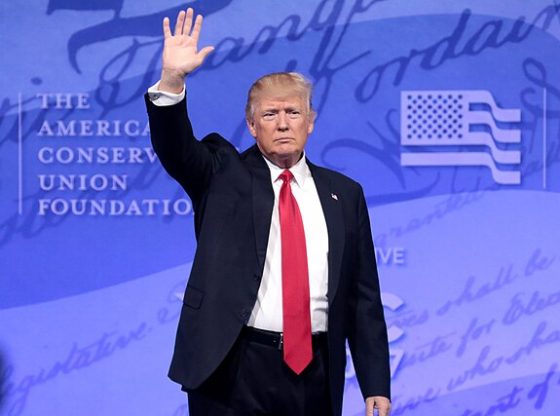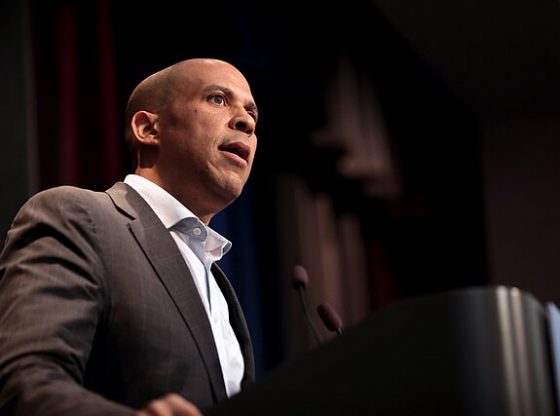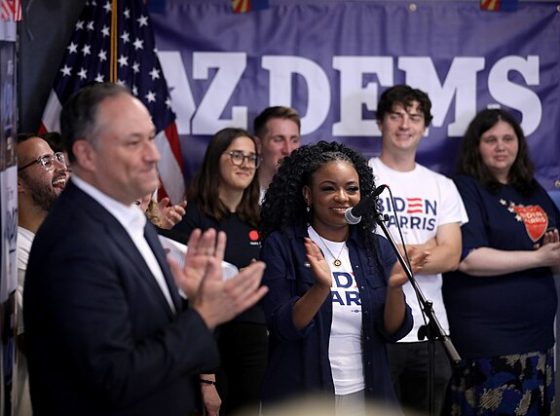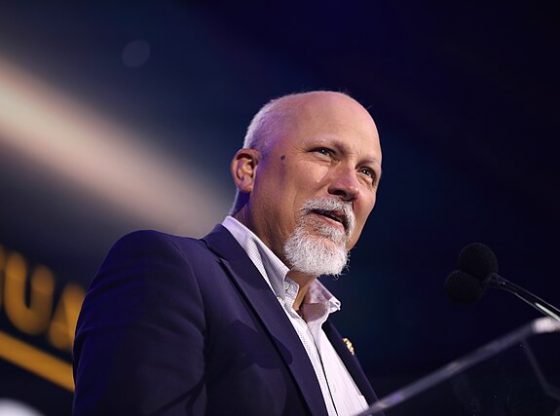For months, former Congressman Beto O’Rourke flirted with the idea of running for president.
After losing to incumbent Senator Ted Cruz by 2.6 percentage points in ruby red Texas, he traveled cross-country, very publicly mulling over his future – complete with an Oprah interview.
O’Rourke, 46, kicks off his campaign in Iowa, embarking on a three-day swing starting in the state’s southernmost city Keokuk.
While he joins more than a dozen candidates so far, experts believe O’Rourke has a strong chance to win the Democratic Primary. (FiveThirtyEight)
O’Rourke, a three-term congressman, only truly captured national attention in the last year or so. He lost to Cruz by less than 3 percentage points, but his campaign was notable for how close he came to winning in deeply Republican Texas. If there’s an elevator pitch for O’Rourke’s presidential candidacy, that’s more or less it: “I came this close to turning Texas blue. Imagine what I could do nationally.”
Where O’Rourke performed well in 2018 in Texas may tell us a lot about who his core base might be in the 2020 primaries: urban Democrats or Democratic-leaners. O’Rourke won big in cities like Dallas, Houston, Austin and San Antonio. Not just that, but Texas saw an astounding 3.7 million more votes in 2018 than it did in the midterm elections four years earlier. Lots of that increased enthusiasm showed up in those same urban areas. An analysis by Kirk Goldsberry for FiveThirtyEight found that Harris County, where Houston is located, saw 500,000 more people turn out than had done so in 2014. Dallas County had 300,000 more voters, and the counties that are home to Austin, San Antonio and Fort Worth each saw turnout improve by more than 200,000. O’Rourke outperformed Hillary Clinton by about 6 percentage points in the state.
O’Rourke’s background also may endear him to Latino voters. He is a Spanish-speaker (with a Spanish nickname) who represented a heavily Latino district and who beat out a Latino incumbent to win his first term in Congress. O’Rourke performed well with Latino voters in Texas in 2018, winning 64 percent of their votes (while competing against a Latino Republican candidate), compared with Texas Democrats’ 2014 Senate nominee, who won only 47 percent.
O’Rourke’s national appeal to Democrats might be that he could push progressive boundaries and motivate a minority community without alienating independent white suburban voters. This “woke whiteness” factor — the idea that progressive white men, in particular, might be able to say and do things that minority candidates couldn’t get away with — certainly seems to be an implicit part of O’Rourke’s appeal.
Another advantage O’Rourke brings is his prolific fundraising. He raised close to $80 million for his Senate campaign.

